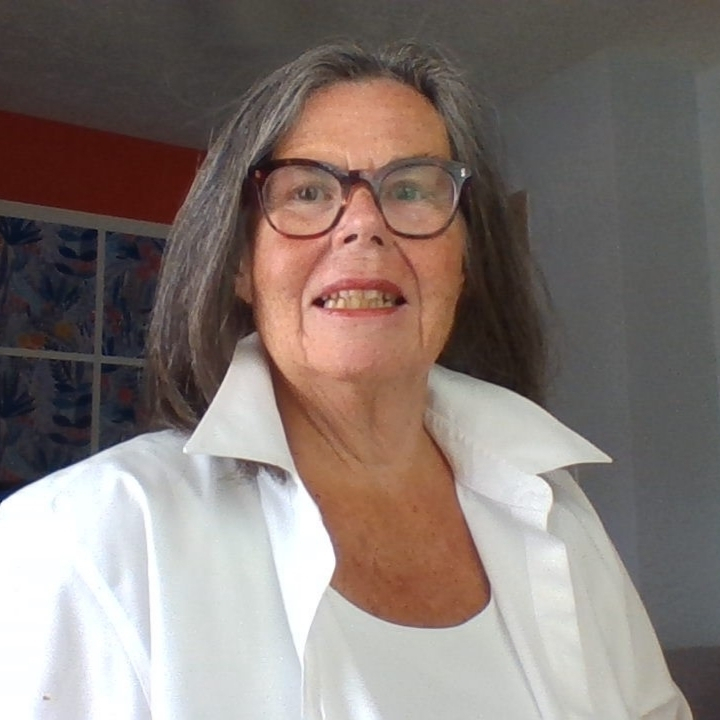I’ve met several retirees who talk mostly about the past and their illnesses. When we were young, we were very good at imagining the future. Imagining the future at this stage may scare some people.
When I encourage clients to imagine their lives ten years in the future, I’m often told “I won’t live that long.” I hear that from seemingly healthy individuals — or at least they’re not always talking about their ailments.
Retirees rarely have a ready description for the perfect day in their perfect life ten years hence.
I’ve heard people say they can’t imagine what they will be like in ten years. Why is that?
We’re Out of Practice
I realize life is a 50/50 proposition. We can’t really predict the future. Tomorrow could bring some sort of personal catastrophe. Some would say that’s more true at this stage. It’s also true you could create your best life over the next ten years.
This stage is our opportunity to create whatever we want for our lives. Contrary to cultural norms and dictates, you can still be and do whatever you’ve always dreamed.
Whether you’ve been retired a decade, a short time, or not yet, you have the option and the ability to create what you truly want for the rest of your life.
You’re Not Dead Yet
Don’t make the mistake of telling yourself you’ll be dead before you get there. You might just talk your body into it.
In science they have a term, prospection. Prospection, or your view of the future, drives your behavior today. For example, if you tell yourself you’ll be dead in ten years, there’s all the more reason to not take good care of yourself. If you envision living until you’re 100, they there is more motivation to invest time in taking care of your body and mind.
Write Down What You Imagine
Take out a piece of paper. Find a quiet spot and ask yourself what you really want your next ten years to be like. You may think you should go live closer to your children, for example. Ask yourself why and whether that’s what you really want.
Starting the exercise with “I want to win the lottery and I never buy a ticket” isn’t what you genuinely want.
Believe it or not, we already know what we want. And when you ask yourself why you want something on your list, be on the lookout for reasons that include a should or some sort of obligation.
I’m not a proponent of a retirement full of rest, recreation and relaxation. You’ve earned the opportunity to live a life without guilt and obligation.
You likely have the time to focus on what would make life ten years from now your best life, to be a life full of what you really want.
Just Between You and Yourself
This is just a conversation between you and yourself. There’s no need for anyone else to see what you write.
Consider all the facets of your life — health and vitality, relationships, passion or purpose, and finances, etc.
As an example, consider how healthy and energetic you still want to be ten years from now. Look at all the activities that contribute to your desired level of health and energy. Recognize that even if you’re happy with your current level of health and energy, it will take more to maintain it. Doing whatever you’re doing today, at the same level of intensity, will not allow you to maintain your current levels.
What Got You Here Won’t Get You Where You Want to be in Ten Years
With aging, one axiom we often used to motivate change isn’t quite true. If you always do what you’ve always done, you will no longer get what you’ve always gotten with physical capacities, from getting out of bed in the morning to running a marathon. If you can run a 5K today, continuing to train as you are today may not result in the continued ability to run a 5K at the same speed 10 years hence.
Everything I’ve read leads me to the conclusion I’ll have to exercise harder every year to continue to do what I can do today. And that’s something I want for the future me. I might not be successful in achieving this. The thing that matters most is moving forward every day, increasing my effort just 1% over yesterday.
Regardless of where you are starting from, most of us can do 1% more each day to maintain what we have today. Focus on what you can do and how you increase the effort you put into what you can do. Pay attention to how your body reacts and give yourself a cheer on whatever you experience.
It’s Easier Once You Get Started
If you aren’t doing any purposeful exercise today, the hardest part is to overcome the inertia of doing nothing. You remember that from high school physics — it takes more energy to put something into motion than it takes to keep it in motion. Start small and record what you do every day.



